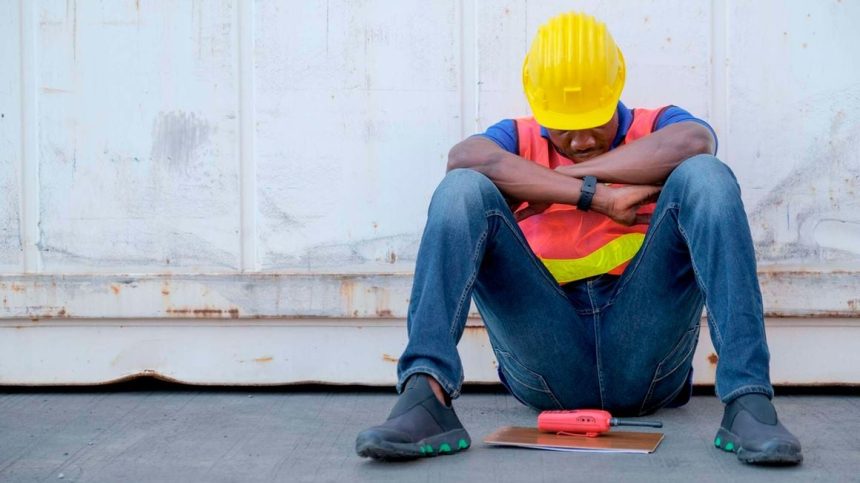Delay in setting up a council that normally advises the State on minimum wages is the latest hurdle in the push by workers to get a pay increase at today’s Labour Day amid the surge in consumer prices.
The Labour Cabinet secretary is yet to establish the wages council, which is made up of workers’ and employers’ representatives as well as three independent members, that makes recommendations to the minister on minimum salaries.
The absence of the council and its meetings is a pointer that President William Ruto is unlikely to raise the country’s minimum wage to help workers engulfed with a difficult financial position in an economic setting where employers are keeping a lid on salary costs.
Last year, former President Uhuru Kenyatta on Labour Day increased the country’s minimum wage by 12 percent after a freeze that lasted three years.
“Further, the wages councils have not been constituted by the Labour Ministry, and none of them have held any meetings this year.”
A wages council would normally factor in inflation, the status of the economy, employers’ ability to pay and the need to encourage fresh investments before recommending a fresh review of the minimum wage—which varies by occupation and region.
As in other countries across the region, Kenyans are grappling with a surge in prices of commodities, including food and fuel, aggravated by supply concerns following Russia’s invasion of Ukraine that began in February last year.
This had prompted workers led by Kenya’s main trade union, Central Organisation of Trade Unions (Cotu) to push for wage increases to compensate for the sky-high inflation as employers warn the salary hikes would dent competitiveness and trigger firms to shed jobs.
Families are feeling the squeeze across Kenya, where rocketing food and fuel prices have propelled the rate of inflation above the government’s preferred cap since June last year.
Inflation eased to 7.9 percent last month from 9.2 percent in March on moderation of growth in food prices.
The Central Bank of Kenya (CBK) expects the economy to expand by 5.8 percent this year, a slower pace than the previously forecast 6.1 percent because of lower growth in the agricultural sector.
Kenya is emerging from the worst drought in four decades, a jump in the prices of basic commodities that have squeezed consumer demand and is also suffering from the effects of a weaker currency and heavy public debt load.
The Kenyan economy grew by an estimated 5.6 percent in 2022.
The minimum wage hikes mainly benefit low-cadre workers such as domestic workers, cashiers, drivers, cleaners, salespersons and property caretakers.
But its review has the potential to trigger similar increments in other cadres, largely through collective bargaining agreements (CBAs).
“Kenya’s minimum wage, due to political consideration, inflation and all other things, can go up every year,” said Antony Mwangi, the chief executive of the Kenya Association of Manufacturers (KAM).




